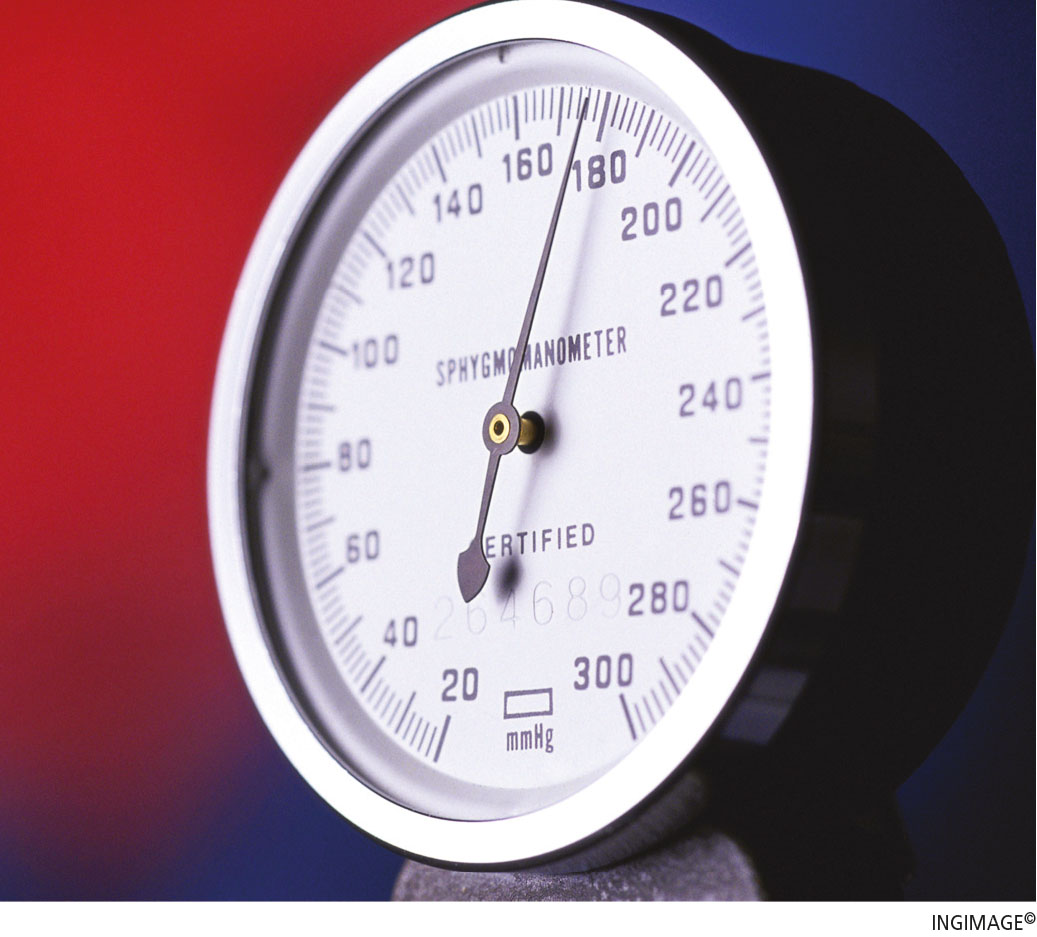EXECUTIVE HEALTH
EASING THE PRESSURE
BY Dr. Sanjiva Wijesinha

A family friend in her late 60s called me the other day to seek medical advice. “I checked my blood pressure when I was at my daughter’s place yesterday, using her automatic blood pressure machine. It was a little high so my daughter wanted me to call you and ask what to do,” she explained.
“What was the pressure reading?” I asked, and she replied: “I wrote it down so I won’t forget. It was 190 by 100.”
I tried not to sound as worried as I felt, and asked her whether she was taking any tablets for blood pressure.
She replied: “Yes, I was started on a tablet called Losartan a couple of years ago by a heart specialist whom I consulted but the tablets didn’t agree with me. So I stopped taking them – and decided to take the tablets my husband has been taking for a long time for his blood pressure. It’s called Atenolol and I have had no problems with it.”
“Does your doctor know that you have stopped the Losartan and started taking Atenolol, and have you had your pressure checked regularly?” I asked.
Her reply was as follows: “No, I only check it occasionally when I visit my daughter. I didn’t want to worry the specialist again. You have to spend a long time waiting for him since he always comes late in the night to see his patients. My husband sees him twice a year and he says his blood pressure is always good… so I have been taking those same tablets.”
At this stage, I didn’t know whether to laugh or cry. I simply told my friend that she should come the next day and see me at our clinic to deal with this problem.
‘Blood pressure’ refers to the pressure of the blood flowing in your circulatory system as the heart pumps it around your body.
As we age, this pressure can rise, making the work of pumping blood harder for the heart. If the pressure is too high, the heart may be unable to continue working.
And if the pressure of the blood flowing through vital organs such as the kidneys is too high, these may be damaged and could fail. So maintaining blood pressure at an acceptable level is crucial.
Sometimes, we need medication to reduce our blood pressure. Unlike taking an aspirin or panadol only when we have a headache, blood pressure medications must be taken regularly; usually, for the rest of our lives – because taking these means our lives will be longer and our hearts stronger.
We use two numbers to measure blood pressure. The normal blood pressure for an adult is when the first number (called the ‘systolic value’) is less than 140 and the second (called the ‘diastolic value’) is less than 90. So my friend’s pressure reading (190/100) was far too high!
Unfortunately, we usually don’t feel any symptoms when our blood pressure is too high. The only way to know if it’s not controlled is to measure it every month or two, until it stabilises after starting a new medication; and thereafter, every four to six months.
Managing elevated blood pressure must be done in consultation with a qualified physician who reviews you regularly. It should certainly not be managed by using your spouse’s medicines!



